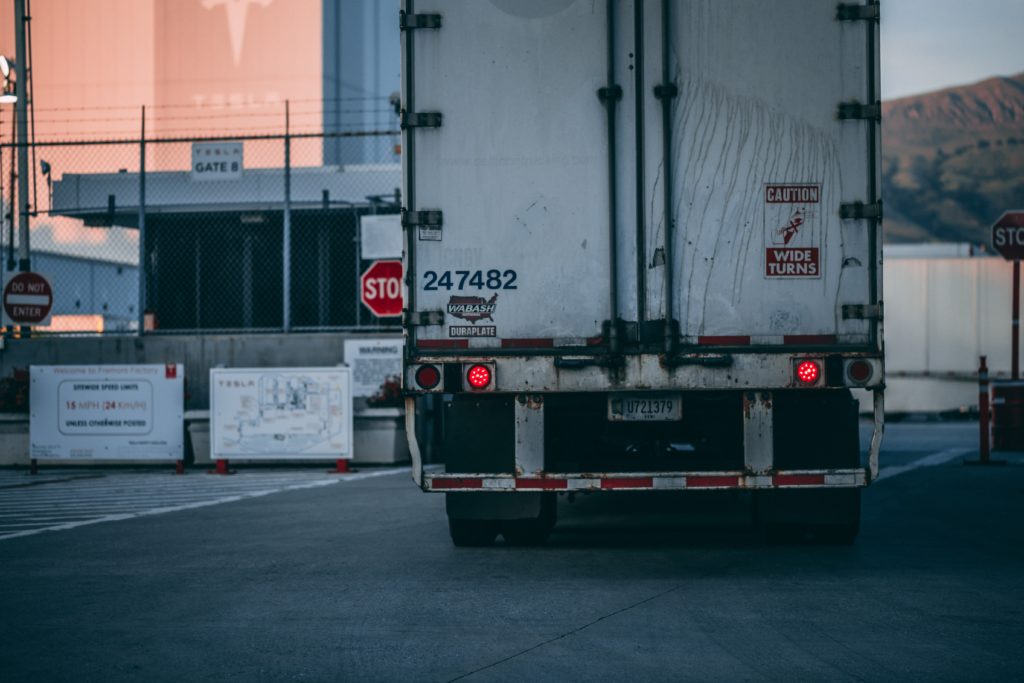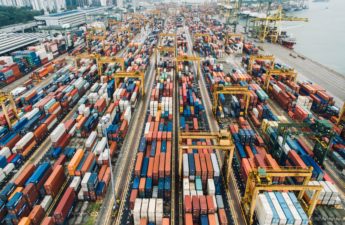Uncategorized

10 Freight Words Starting With The Letter B
Post on August 29, 2019

- Issued by the carrier or their agent to the shipper, this document serves as a legal acknowledgement of receipt of the consignment. Bill of lading is widely used in international trade and it is one of those documents that make import/export a seamless operation. It contains all the information about the shipment, source, destination, etc.
- Vehicles carrying cargo on their return journey is referred to as backhauling. With technology, it has become easier for freight companies to find shipment for vehicles on their return journey. This helps improve capacity utilization and boost the productivity of the fleet.
- This is usually an importer who has specific rights over the consignment, even though the legal title of the consignment is with another person or company. Beneficial cargo owner is an integral part of international trade and applies to goods shipped through road, air or sea.
- This is a type of shipment where the shipper and receiver are not aware of each other. Blind shipment is prepaid and handled entirely by a third party. However, the shipper and receiver do get information about the shipment’s progress and delivery confirmation, even though exact details are not revealed.
- Cargo that is not packed in individual units during shipping is referred to as bulk freight, also called bulk cargo. These are usually transported in bulk quantities in various forms such as liquid (crude oil), solid (food grain, coal, etc.), and gas (LNG).
- This refers to equipment and methods used to secure the consignment while it is being transported on a truck or inside cargo containers.
- This refers to an individual or company that works as a middleman between shippers and fleet owners. After a successful deal, brokers get a commission from both shipper and freight company.
- When bulk cargo is divided into smaller shipments to be shipped to different destinations. For example, coal from a freight train being loaded onto trucks and transported to different locations.
- These are shipments that have not been released due to pending custom duties, taxes, penalties, etc. Bonded goods are kept in special warehouses controlled by custom authorities.
- If a shipper has large volumes to be shipped, they can negotiate blanket rates from the freight company. Blanket rates are lower than what is generally applicable on individual shipments.
It’s difficult to learn all the freight words in one go, so give yourself ample time to become familiar with these terms. In case you have any doubts about freight terminology while on the job, it would be better to double-check with your superiors. With time, you will get acquainted with the freight words and become an expert yourself.
Recent Post
- Freight Dictionary: Words Beginning from Letter E
- Turn Passive Data into Targeted Business Intelligence
- Transportation Management Trends— Why Developing Scalable Tech is the Need of the Hour
- Safe and Sound: Why Security of Freight Interfaces Matters?
- Freight Dictionary – Words Beginning From Letter D


